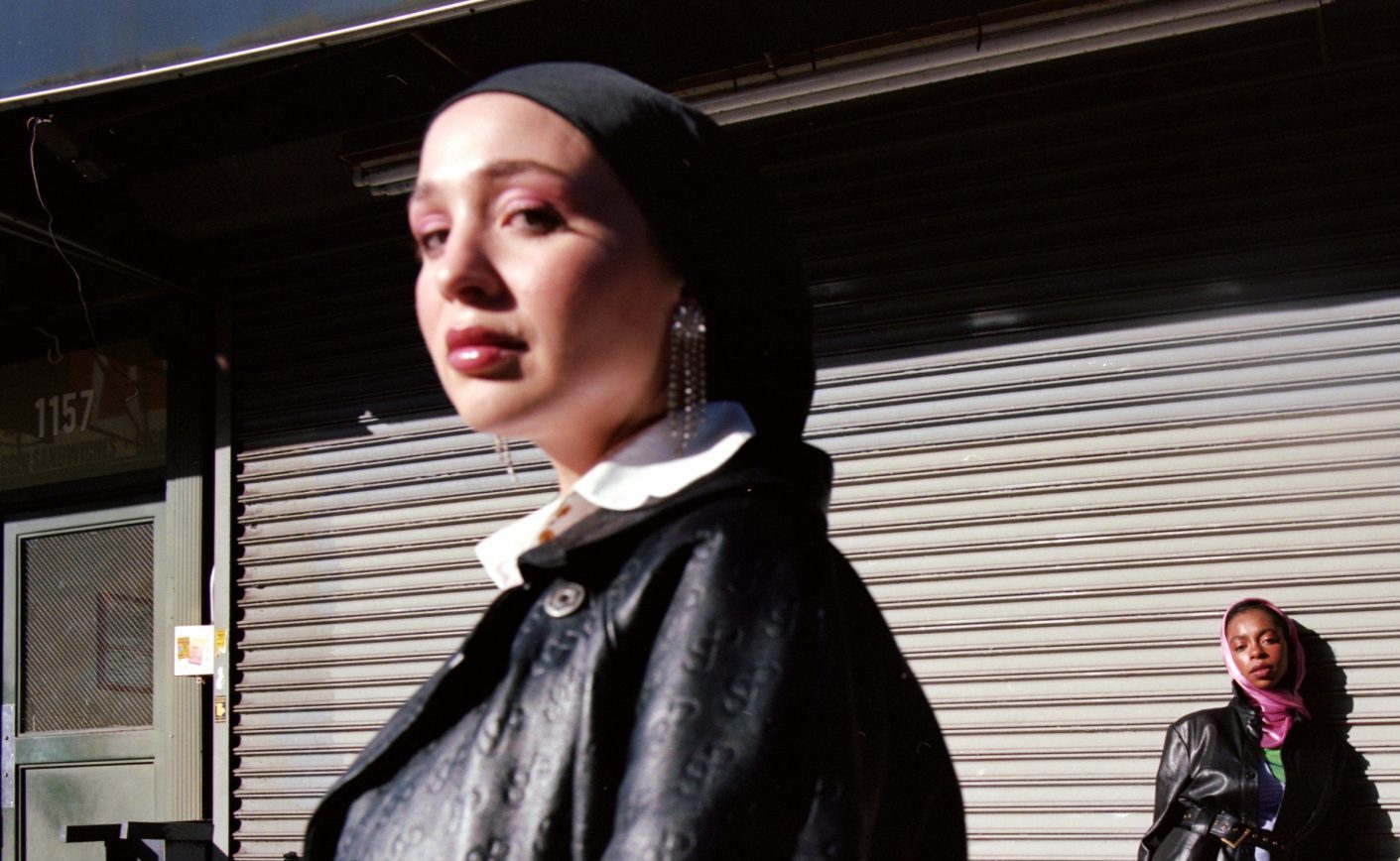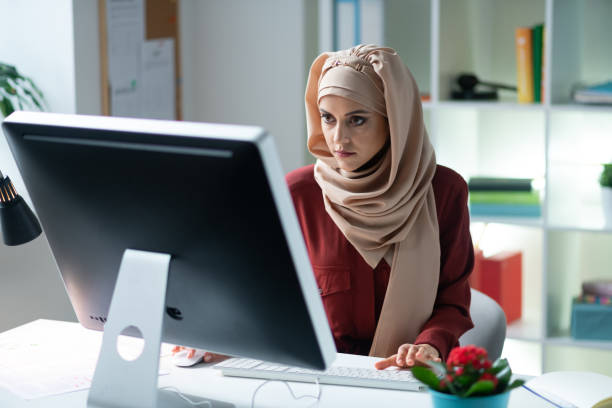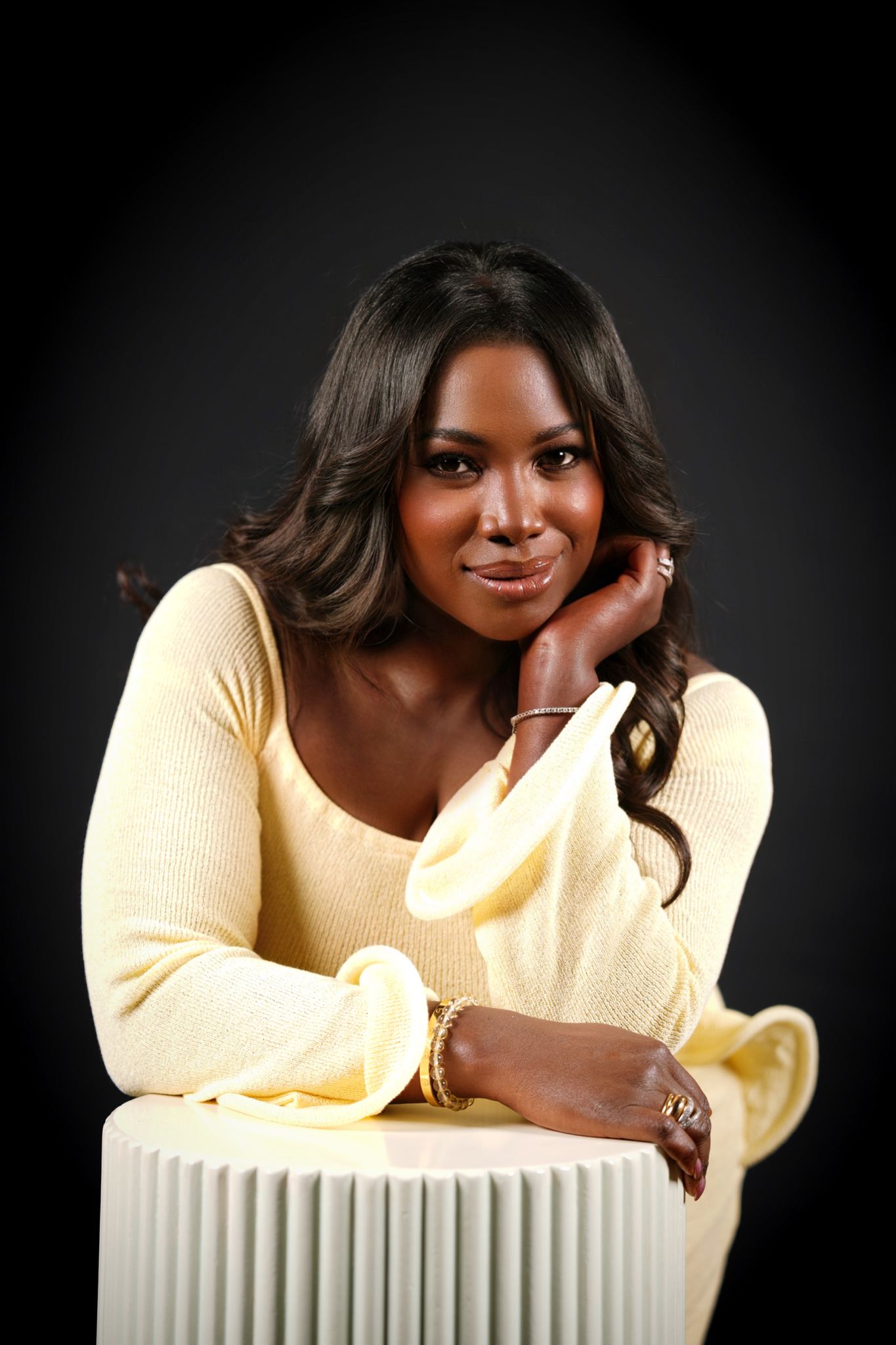To be a hijabi woman is to be a visible Muslim. It is allowing yourself to be ridiculed for how you dress, move and conduct yourself. You are the fierce embodiment of what it means to take on your freedom by simply having free will to do as you see fit. However, being a hijabi woman also makes you susceptible to tokenization—a prop often paraded in the fashion industry as a means of status quo, diversity, and inclusion, rather than for embracing the beauty and style that comes with being a hijabi woman.
As Muslim and hijabi models rise, we must reclaim and define our identity for ourselves. If you do not determine things for yourself, then you leave discrepancies for things to get co-opted and inauthentically misrepresented.
I see the hijab as a reminder of the infinite abundance and gratitude that lies within Islam. It reminds me of the millions of women participating in a greater sisterhood. My hijab is a starting point that welcomes education and understanding of myself and my religion. Being a hijabi does not automatically translate into being a stand-up Muslim, but it is a starting place, knowing there is only space for growth. This is why I live to create images that embody who I am with the hopes of empowering someone else to embrace themselves. With unity lies invincibility. That is why I love collaborating with fellow Muslim women to depict the divinity within the myriad faces of the ummah.
I partnered with the illustrious Palestinian-Puerto Rican creative Maria Alia to depict a visual production of embracing one’s identity through community, love, and self-acceptance. It’s a call of action to look beyond the hijab and cast the woman with immaculate style, poise, and experience. This project is the mood board.
Alia has been sharing her eclectic, contemporary, and effortless style online for over a decade. She states, “When you go into something authentically, and out of sheer passion, you’re already creating your own space.” Alia was around before the term influencer existed and never thought it was possible to make a career out of her creative outlet. She quickly established her intentions opposing tokenization in the industry, stating, “I’ve learned to deal with [tokenization] by taking ownership of my voice and the narrative rather than allowing someone to feed me a narrative they want to hear.” Alia is not representing anyone but herself through her work; she says, “I’m a girl who loves fashion, art, and creative direction. I like to document my style and the things surrounding me”.
This shoot was an outlet for Alia to work seamlessly and organically with like-minded creatives. She stated, “it felt like a wholesome celebration of sisterhood,” a dream that was executed as a project by us, for us. Alia, like myself, aims to create work to connect with people beyond us, where people fall in love with themselves. To explore the creative prowess and wisdom we hold and share it. We are not in competition with each other. We immerse ourselves in the love and light that created us; therefore, we cannot fail.
With community comes visibility, so see us. Cast us. Remember us. Remember our style, personality, friendship, and kinship. See every Muslim for who they are within as we learn to embrace and portray the religion we are honored to claim.











